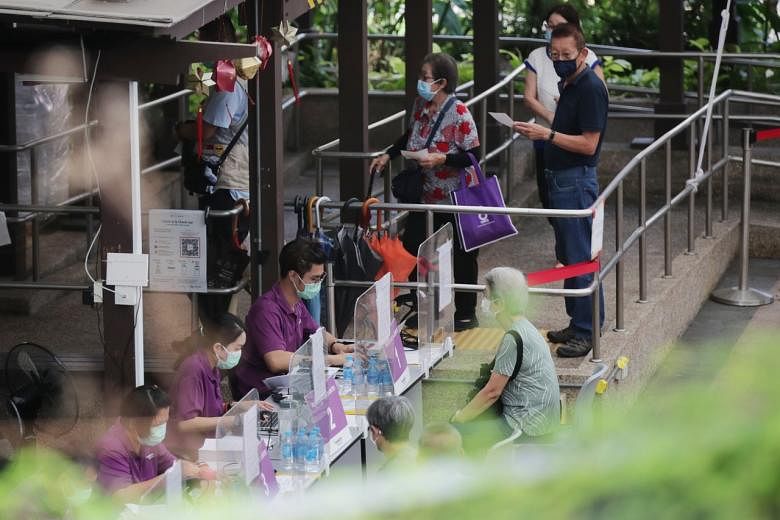The response to the Covid-19 pandemic in Singapore is showing the extent to which we are becoming a more complex society, as people form groups to argue for or against a point of view, such as whether to get vaccinated against the virus.
While diversity in views is good, the risk is debate becoming polarised in this contested climate. There is a need for people of differing views to find common cause with one another. This can be done by building a moderate middle ground that can help forge consensus and a sense of community.
Already a subscriber? Log in
Read the full story and more at $9.90/month
Get exclusive reports and insights with more than 500 subscriber-only articles every month
ST One Digital
$9.90/month
No contract
ST app access on 1 mobile device
Unlock these benefits
All subscriber-only content on ST app and straitstimes.com
Easy access any time via ST app on 1 mobile device
E-paper with 2-week archive so you won't miss out on content that matters to you


